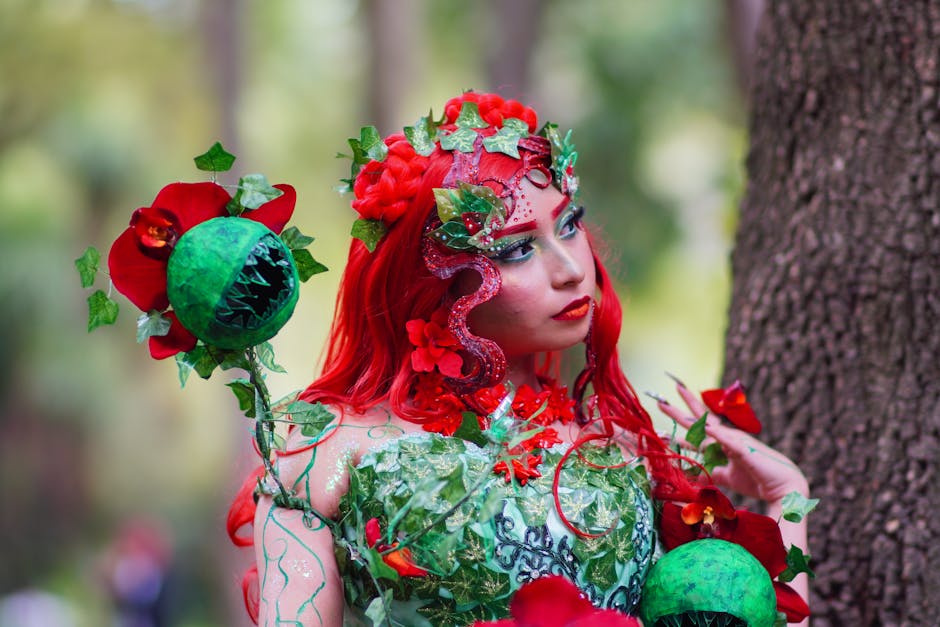
The Psychological Significance of Mythical Characters
Understanding the Psychological Significance of Mythical Characters
Mythical characters have fascinated humans for centuries, serving as symbols that embody our deepest fears, hopes, and moral values. Symbols in mythology often represent archetypes, which are recurring symbols or motifs that appear across different cultures and eras.
The Role of Archetypes in Mythical Characters
Ernst Jungian psychology suggests that mythical characters are manifestations of archetypes residing in the collective unconscious. These archetypes include the Hero, the Shadow, the Anima and Animus, and the Wise Old Man. For example, the Hero archetype symbolizes courage and the pursuit of overcoming adversity.
Mythical Characters and Human Psychology
Many mythical figures reflect aspects of human psychology. The dragon often embodies primal fears, while the goddess figures can symbolize fertility, intuition, and the feminine principle. These characters provide a way for individuals to externalize internal conflicts and explore their subconscious mind.
The Therapeutic Perspective
Analyzing mythical characters can be therapeutic. They serve as tools for self-discovery and personal growth. Through myth interpretation, individuals can better understand their inner world and resolve internal conflicts.
Conclusion
The psychological significance of mythical characters offers us a window into the human mind. By studying these symbols and archetypes, we gain insight into our collective psyche and our individual subconscious processes.
